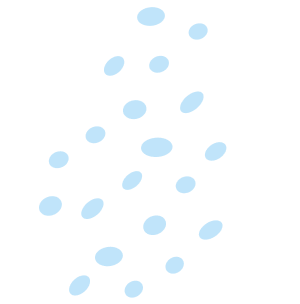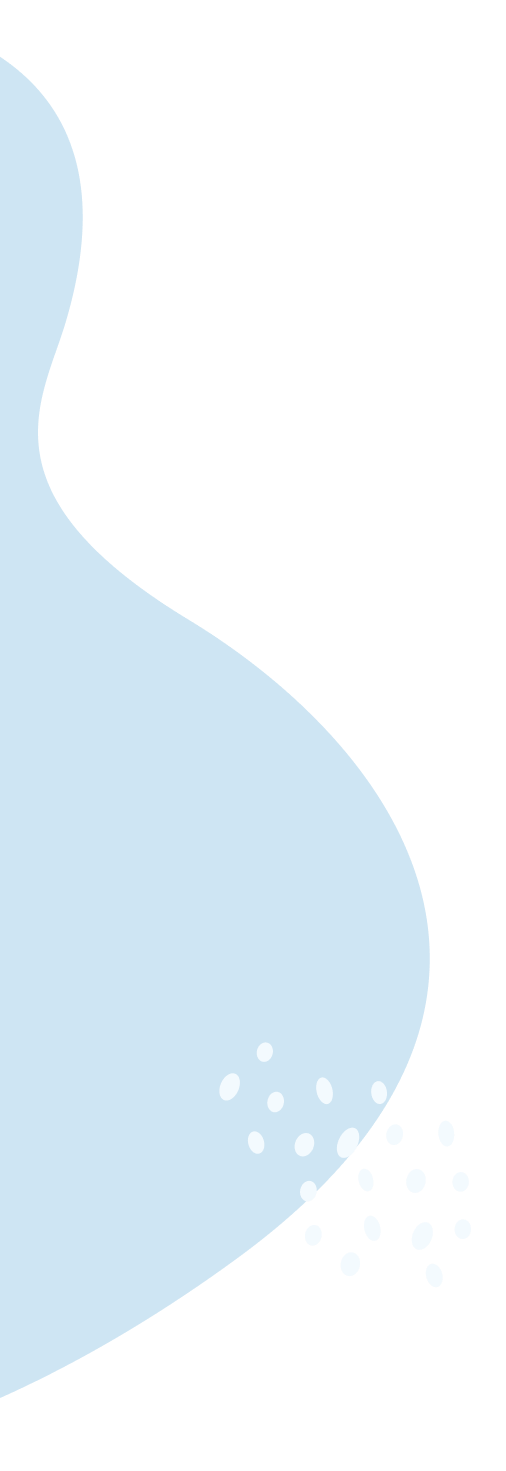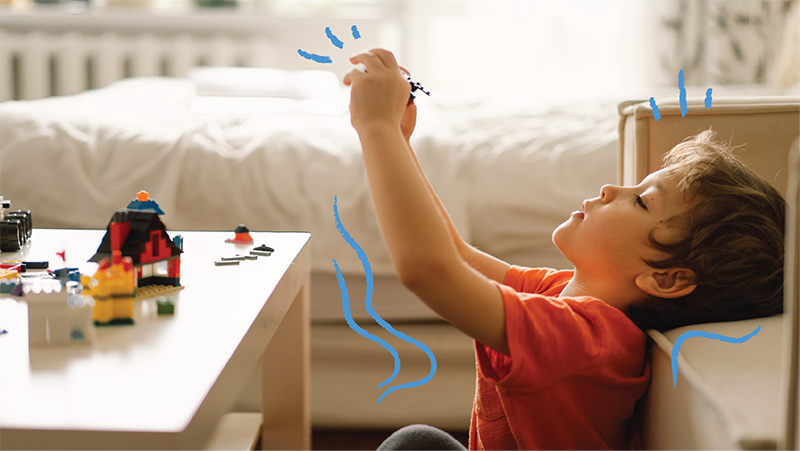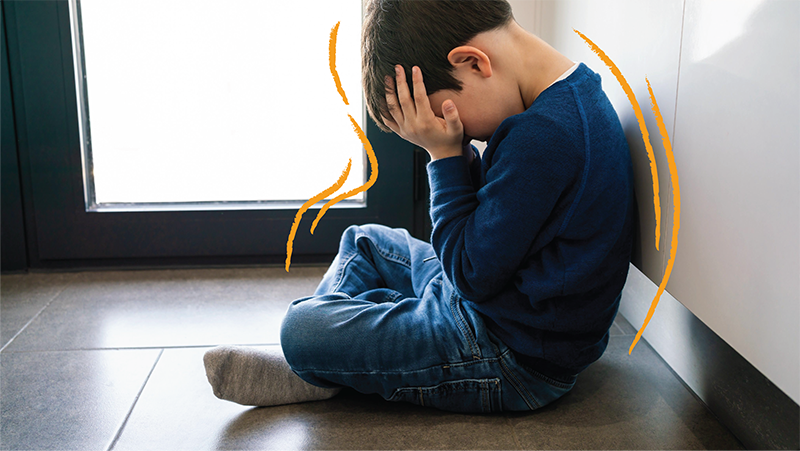
Technology has revolutionized how we think about healthcare. With behavioral health issues being a prevalent concern among children, we must explore different methods to help families gain access to care. Unfortunately, there are significant access gaps that negatively impact the ability to gain the resources necessary to improve treatment outcomes.
What are behavioral health access gaps?
Access gaps include many issues that make it challenging to obtain quality healthcare. Those challenges include;
- Clinician Shortages: There are not enough licensed clinicians who provide specialized services to address complex pediatric mental health needs. This leads to an increase in wait times for services, as well as limitations around family’s freedom of choice when seeking services.
- Geographical barriers: Communities with limited access to behavioral health resources often require families to locate services outside of their service area. Lack of transportation can increase this community concern if the family does not have transportation or public transportation options. This issue can often be experienced among rural and other underserved populations.
- Financial Stress: Economic hardships related to healthcare are a major societal issue. A family’s ability to obtain cost-effective treatment options is impacted by lack of insurance coverage, unmet deductibles, cost of copays, and medication prices.
- Stigma: Stigma is the negative belief system associated with a particular issue outside of societal norms. Stigma related to behavioral health often creates barriers because people believe they will be perceived negatively if others learn of their emotional and behavioral challenges (Hines et al., 2024).
Mightier: A Powerful Solution for Pediatric Mental Health Care, and for Access
Mightier’s at-home, game-based emotional regulation program is an exciting, easily accessible tool that improves behavioral health outcomes through biofeedback games, educational content, and community connections.
Here’s how Mightier is enhancing behavioral health access through technology:
- Clinically Validated Care: Developed by scientists, clinicians, and game-designers, Mightier delivers evidence-based care through games. Multiple randomized controlled trials have also shown Mightier’s biofeedback video game program to be clinically effective in improving children’s emotional regulation abilities.
- No Geographical Limitations: When a family signs up for Mightier, a kit with all their equipment and program needs arrives at their door within days. This family-centered design allows families to access services from the comfort of their homes, providing them the ability to engage with the therapeutic services at their leisure.
- Cost-Effective Solutions: Mightier can provide cost-effective solutions by addressing children’s emotional and behavioral needs. Mightier assists families with the tools needed to manage challenging emotions that may lead to frequent doctor and therapist visits. This support can significantly reduce healthcare costs.
- Reduces Stigma: Mightier provides education, supportive communities, and expert consultations to assist families in learning more about behavioral health. The educational content for caregivers, as well as the games built for kids, normalize mental health while making it engaging and approachable.
Reach out to learn how your organization can increase access to pediatric mental health care by partnering with Mightier: https://www.mightier.com/health-plans/get-in-touch.
About the Author

Dr. Nyoki Cosey-Brown, DSW, LCSW-BACS, is a dedicated social work professional focused on increasing mental healthcare access. An alumna of Southern University and the University of Kentucky, Dr. Cosey-Brown bridges the fields of technology and mental health. Her clinical practice spans multiple states, enhancing her role as an adjunct professor of doctoral studies at her alma mater, where she mentors students in research and policy. As the Clinical Director of Mightier Clinical Services, PLLC, she leverages innovative technology to support behavioral health interventions. A recognized leader in behavioral health, she is an accomplished consultant, presenter, and educator with expertise in mental health technology, equity, and community advocacy.
Reference
Hine, R., Gladstone, B., Reupert, A., O’Dea, L., Cuff, R., Yates, S., … & Foster, K. (2024). StigmaBeat: collaborating with rural young people to co-design films aimed at reducing mental health stigma. Qualitative Health Research, 34(6), 491-506.
















